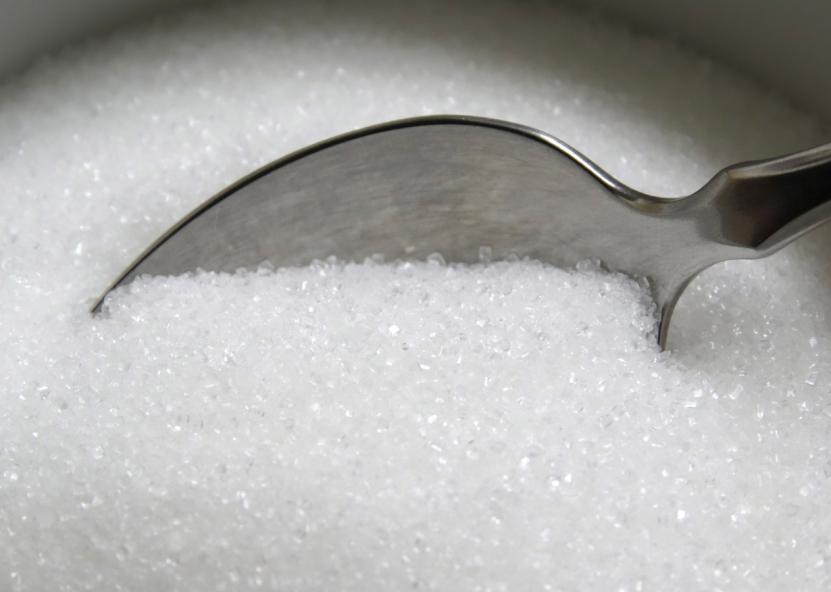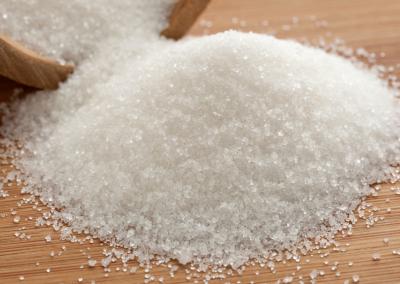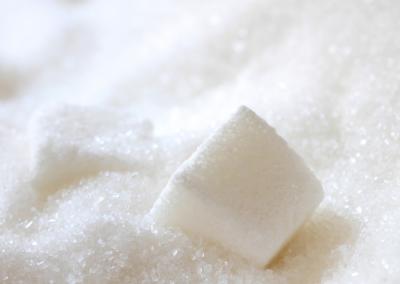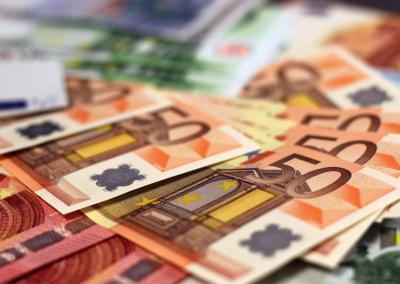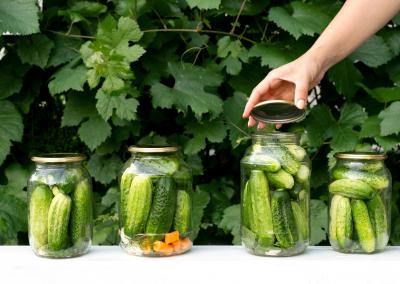Proposing to postpone the entry into force of the new sugar levy for a year
Rimas Jonas Jankūnas, a member of the Lithuanian Peasants, Greens and Christian Families Union group in the Seimas, will propose to delay the sugar tax that will come into force next year until January 2027.
„I believe that the law on excise duty on sugary drinks was passed in haste, without taking into account the health risks of artificial sweeteners. This change will encourage producers of sugary drinks to replace sugar with sweeteners that can cause cancer for financial reasons," R. J. Jankūnas told Elta.
He said the delay in the law's entry into force will allow the Ministry of Health to assess the potential harm of such regulation to human health.
„An analysis of 25 studies involving almost 4 million subjects in 2022, based on defined criteria, has shown a link between the consumption of artificial sweeteners and the risk of death. According to this meta-analysis, people who consumed artificial sweeteners had a 13% higher risk of death," said R.J. Jankunas, citing the scientific journal Nutrients.
He intends to register an amendment to the law on excise duty, proposing to postpone the entry into force of the sugar tax, in August.
ELTA recalls that in June the Parliament approved the introduction of an excise duty on sugary drinks from 2026.
From 2026, the excise duty will apply, depending on the sugar content, to non-alcoholic sweetened beverages containing more than 2.5 grams of added sugars (per 100 ml of beverage). The tax will apply to concentrates used in the preparation of such drinks.
Exemption from excise duty will apply to sweetened beverages intended for the manufacture of foodstuffs, bulk beverages produced in catering establishments and sweetened beverages intended for the manufacture of pharmaceutical products, medical devices, food supplements, infant formulae.
The sugar tax is estimated to add €25 million per year to the budget.



































































































